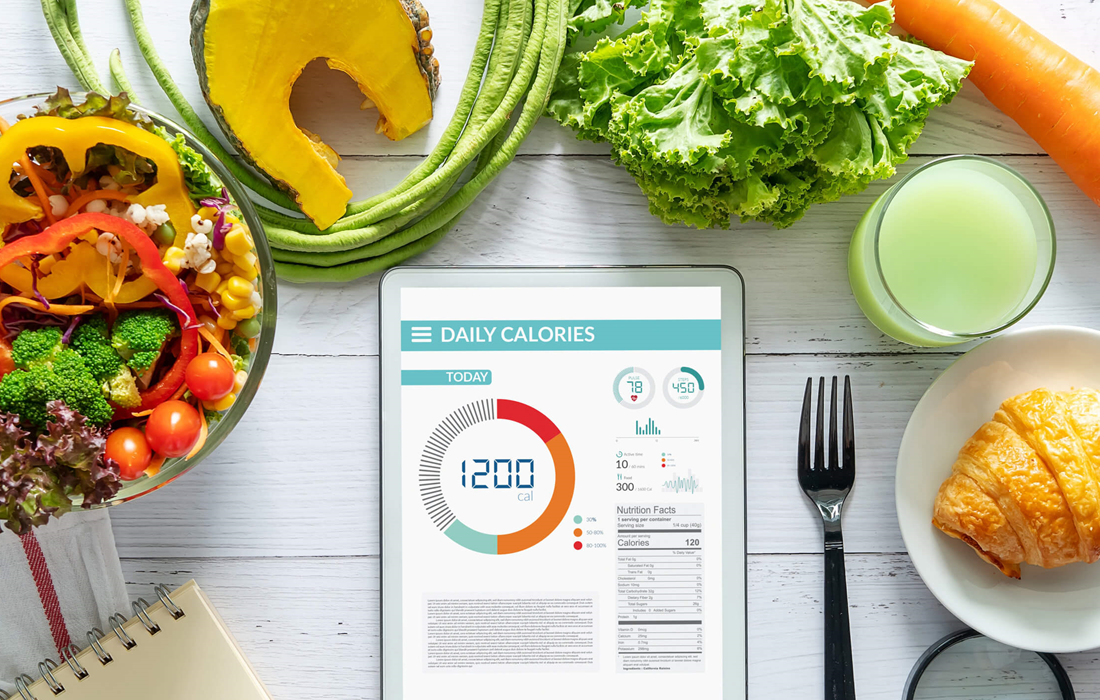It is crucial to design a personalized weight loss plan that considers the person’s overall health. The best way to approach this is by setting realistic goals. Individuals should know how much weight they need to lose and what specific goals are desirable.
Some considerations when designing a weight loss plan would be:
Your behavioral weight-loss plan should be tied to a nutritional plan

The best weight loss diet is when you do it for the long term. For example, if you’ve decided to diet for at least three months, it makes sense to change your eating habits permanently to continue losing weight in the long term. You can do this by tying your new eating habits to a special exercise routine that will only help you maintain proper nutrition and lose extra pounds over time.
Your weight loss plan should be easy to customize
It might shock you how many people fail to keep up with their diet and weight loss plans due to their lack of personalization. Many people think the plans they bought or advertised are perfect and should follow them. That is not true because no matter what plan you pick, you will eventually get bored or frustrated by it. You should create a diet and exercise plan according to your tastes and preferences. You will have much better chances of sticking with it if you design a completely customized plan that allows you to eat foods according to your taste.
Don’t set unrealistic goals for yourself.
Studies show a direct relationship between the goals you set and their likelihood of being achieved. The primary reason why most people fail to reach their weight loss goals is that they are too ambitious. If a plan is too difficult to achieve, or if it seems too difficult at the time of its formulation, it will not be taken seriously by most people who use it, and they’re more likely to give up on it when things get complicated. Instead, you should create your own goal by calculating how much weight you want to lose before you begin and how much you want to keep off forever. Once you have set your goals, it will be much easier for you to stick with them, do not be too ambitious.

The plan should be sustainable over the long term.
Many people lose their initial motivation when they reach a certain weight loss plateau. They become discouraged and abandon their weight loss plans because they can barely take a step forward in their health and fitness journey. You should tie your plan to your unique personality traits so that it is instantly recognizable but also motivational at all times. That is useful to get you through the difficult part of losing weight initially and will help you maintain healthy eating habits once the process becomes simple and easy.
Your ideal weight loss plan depends greatly on your own goals. If weight loss is the goal while maintaining muscle mass, the diet should be low-carb and high in protein. This nutritional plan helps maintain muscle mass while shedding fat, making it perfect for people who want to appear leaner without losing strength or health.

